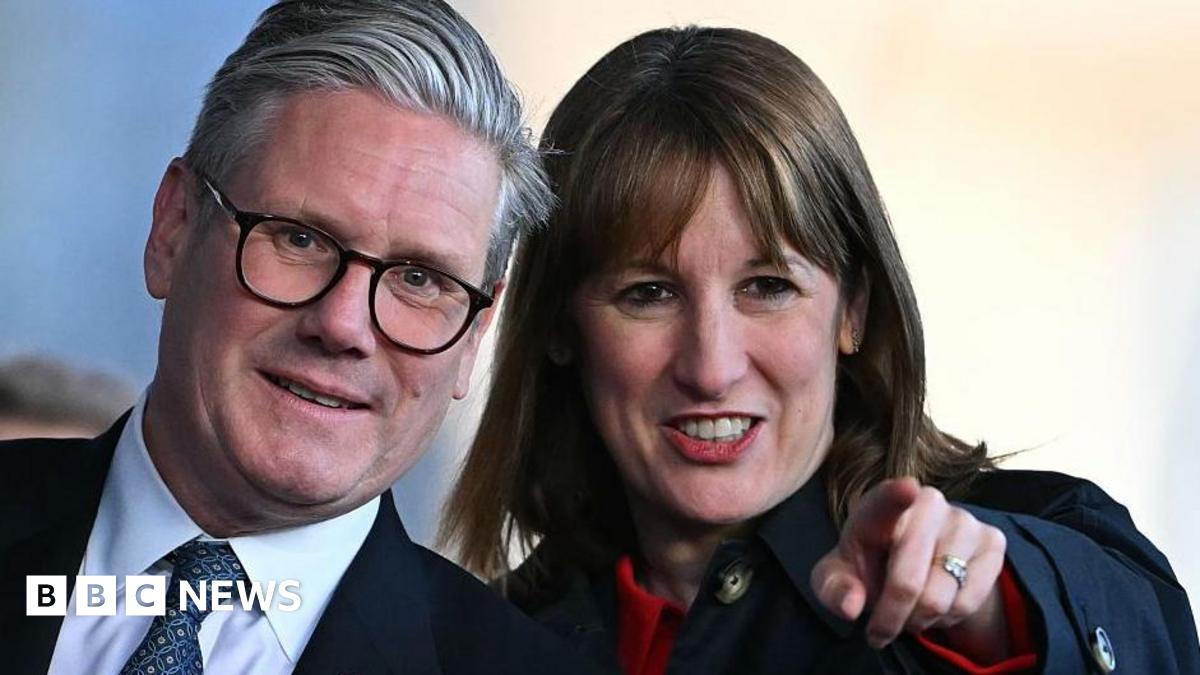One of the key audiences that the prime minister and the chancellor will have to convince at this year’s Labour conference are the business leaders they targeted with a charm offensive before the election last July.
The party trumpeted itself as “the natural party of business” and Rachel Reeves told anyone and everyone that this would be “the most pro-business government this country has ever seen”.
Labour had some big business beasts backing them. Billionaire mobile phone tycoon John Caudwell – a long-time Conservative supporter – switched his backing to Labour.
Some 120 business leaders signed a letter which read: “We, as leaders and investors in British business, believe that it is time for a change. For too long now, our economy has been beset by instability, stagnation, and a lack of long-term focus.
“Labour has shown it has changed and wants to work with business to achieve the UK’s full economic potential.”
But post-election, the party sent a different message – warning of tough choices and hard times ahead, and delivered a Budget to prove it.
That Budget, says John Caudwell, with its £25bn rise in employers’ National Insurance, undid a lot of the goodwill the chancellor had garnered.
“I think there was a desperate loss of faith from the business community in general from the last Budget,” he says. “I think people were shocked at the level of negative components for businesses.”
On top of that NI rise, the National Living Wage was hiked by an inflation-busting 6.7%, with a rise of 16% for 18 to 20-year-olds.
Mr Caudwell says he understands that Labour needed to raise money to shore up the public finances but felt it hit some sectors unduly hard.
“Even if you say they needed to be done, certain aspects were very unfair. So if you look at the increase in employers’ NI, that really badly hit those businesses that employ tens of thousands of people on low wages, because they got hit by minimum wage and they got hit by the NI.”
